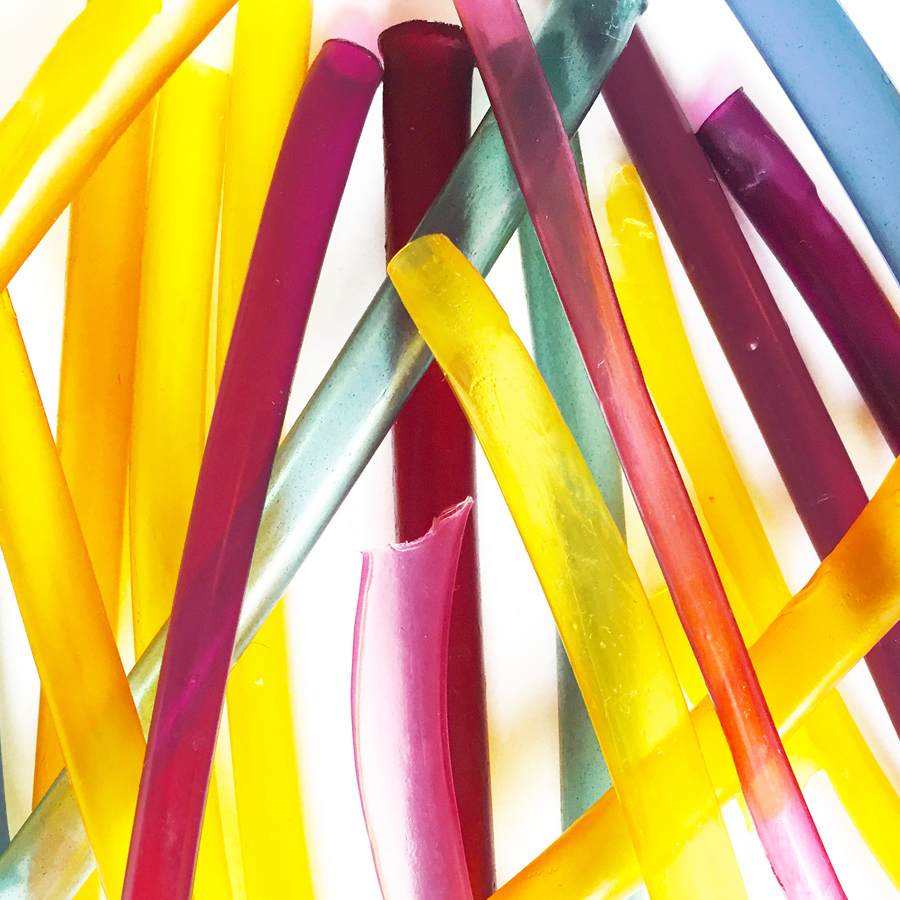-
A Protein-Based Coating Will Keep Food Fresh for Longer
MIT scientists have developed an edible coating to extend the shelf-life of vegetables and meats and reduce food waste.
Arriving home after a long workday and scavenging the fridge to cook some supper only to find yet another zucchini gone to waste. The script, with its variations, is repeated time and again across millions of homes in developed countries. Moreover, supermarkets are also throwing away large amounts of food past their sell-by date. The figures are dizzying; according to FAO, every year, one-third of the food produced in the world gets lost or wasted. This means around 1.3 billion tons. There are several techniques to extend the shelf-life of foods, ranging from modified atmosphere packaging to sterilization processes, but fresh produce as meat, fruit, or vegetables need special care. Hence, protecting food, with biodegradable packaging where feasible, has become one of the biggest challenges. For instance, an American company has developed an algae-based edible bioplastic. The approach taken by Cambridge Crops is somewhat different—they have created a protein-based coating.
This American company, in a joint project with the MIT labs, has developed a water-based biopolymer with fibroin, a protein produced by silkworms and spiders. The company plans using the coating on fruit and vegetables, and even meats, to extend their shelf-life. The molecular structure of this innovative coating regulates the contact of food with oxygen and water vapor, thereby reducing oxidation and preserving its vitamins, while also minimizing microbial growth.
Besides reducing food waste, this biodegradable and edible product also minimizes the use of packaging plastics and optimizes food distribution, which means it can be kept fresh for longer in warehouses before reaching supermarkets. For instance, apples can keep for about two weeks, but the new coating, according to its inventors, can double that figure.

New alternatives to plastic: edible packaging and utensils
The food industry is exploring alternative options to plastic, not only to pack it but also for eating it. For example, Lolilware has created a range of edible seaweed-based drinking straws, soon to be available in different flavors. Would you fancy drinking a cocktail from a lemon-flavored cup? That is another option provided by the company. Ohoo is another start-up that has embraced algae for the manufacturing of plastic substitutes, offering edible bottles and capsules filled with water or fruit juice. The U.S. Department of Agriculture (USDA), in turn, has chosen casein, a protein found in dairy products, to create an edible and biodegradable packaging that protects food from oxygen more efficiently than plastic. The University of Nottingham, in the UK, is also working on packaging made from carbohydrates, cellulose, and proteins, completely innocuous for animals and humans in case of consumption.
Source: American Inno
Write your comment
All fields are mandatory.
Thank you for your comment
More about Science & Technology
Featured topics
Read the most discussed articles

{{CommentsCount}} Comments
Currently no one has commented on the news.
Be the first to leave a comment.
{{firstLevelComment.Name}}
{{firstLevelComment.DaysAgo}} days ago
{{firstLevelComment.Text}}
Answer{{secondLevelComment.Name}}
{{secondLevelComment.DaysAgo}} days ago
{{secondLevelComment.Text}}